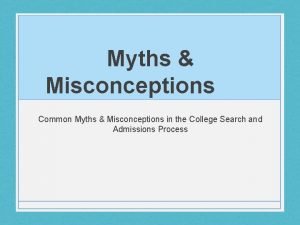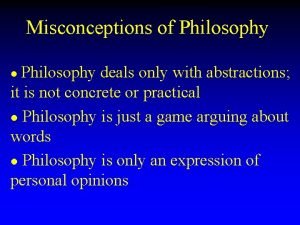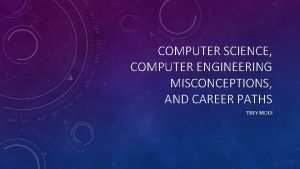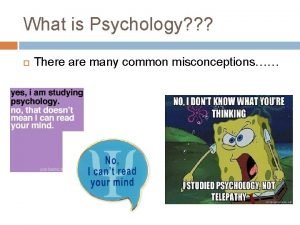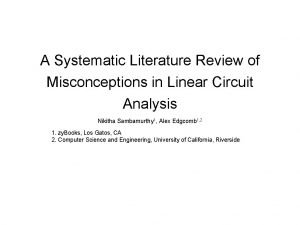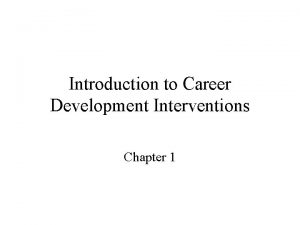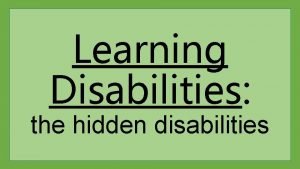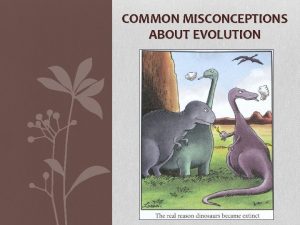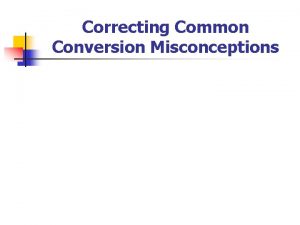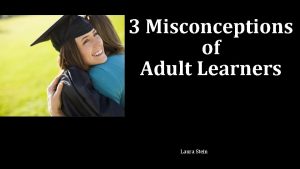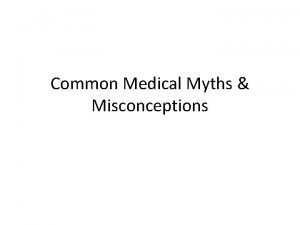Adult Learners Common Misconceptions Adult Learners 3 Misconceptions







- Slides: 7

Adult Learners: Common Misconceptions

Adult Learners - 3 Misconceptions ● Who is the adult learner? ● ● It is difficult for older people to learn new information or skills. ● ● The adult learner can be a variety of people and it's not a clear cut answer The adult brain can learn new information and skills well into old age. All people learn the same ● Generational gaps can affect how people learn, and adults in general learn differently than younger students

Who is the adult learner? ● Generally defined as over 21 years old with an average of 31 and older. ● Many have already completed some college or higher education ● Many have dependents and/or are the head of a household ● Of a diverse background, ethnically diverse

Older people can’t learn new information or skills. ● Adult learners retain the same abilities as their younger counterparts ● 20 year olds have been proven to learn at the same rate as 45 year olds ● Adults retain the ability to learn new skills and acquire new knowledge well into old age.

Adult Learning - Andragogy ● Self-directed learners ● Life-centered, task-centered, problem-centered ● Desire relevant information, skills, knowledge ● Motivated by goals, self-esteem, recognition, and better quality ● Have a wealth of knowledge related to life experience

Conclusions ● The adult learner is generally in the 20’s or older, ethnically diverse, may have dependents, works full time. ● As people age, they retain the ability to learn new skills and acquire information and knowledge. ● Adult learners differ in their learning methods, influenced by their life experiences and their current situation, they are self-directed and goal-oriented.

References ● Merriam, S. B. , Caffarella, R. S. , & Baumgartner, L. (2007). Learning in adulthood: A comprehensive guide. San Francisco: Jossey-Bas ● ● Shea, M. A. (2010, June 24). How to Make Adult Learners More Successful. Retrieved May 09, 2016, from https: //www. youtube. com/watch? v=x. Q_cb. ZLyr. IE
